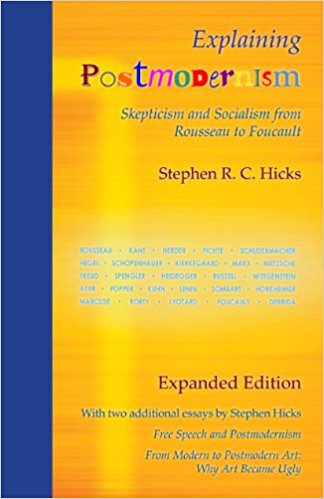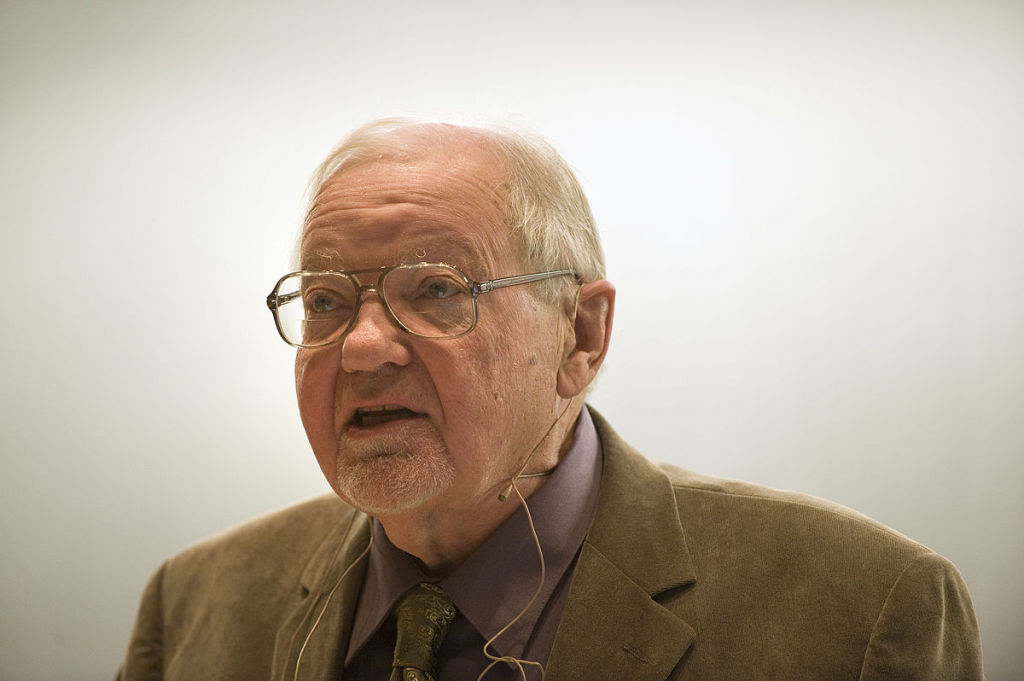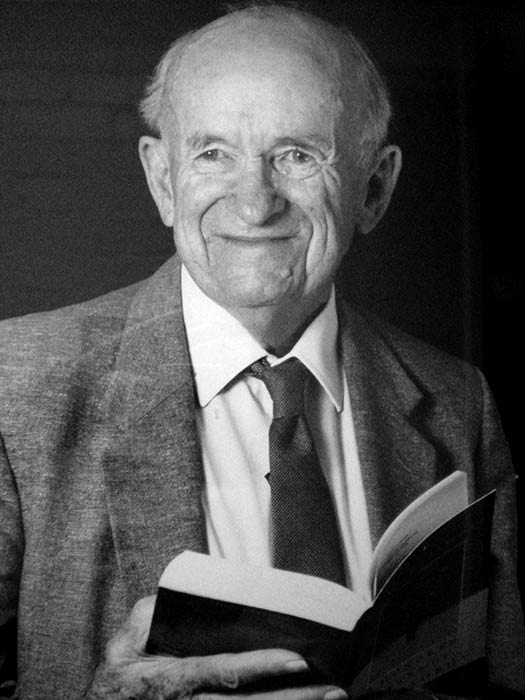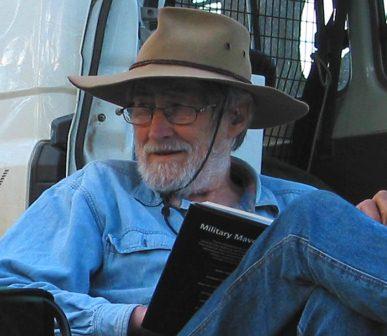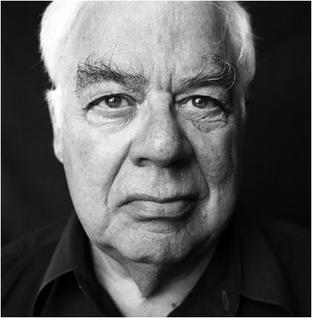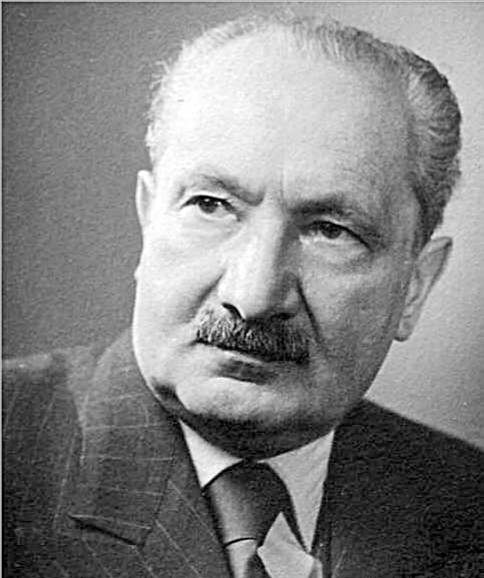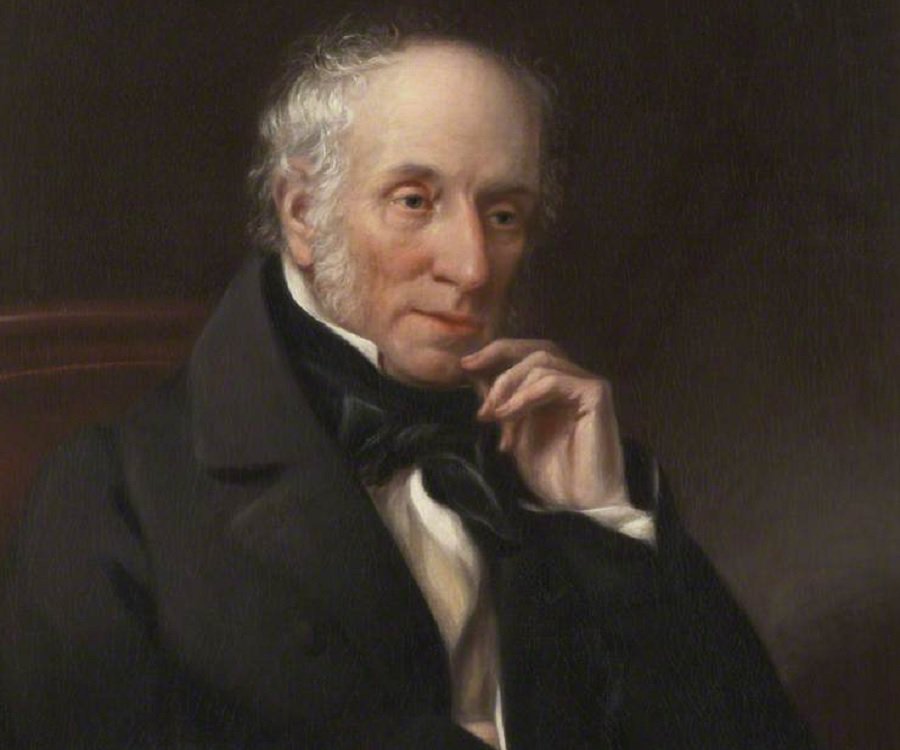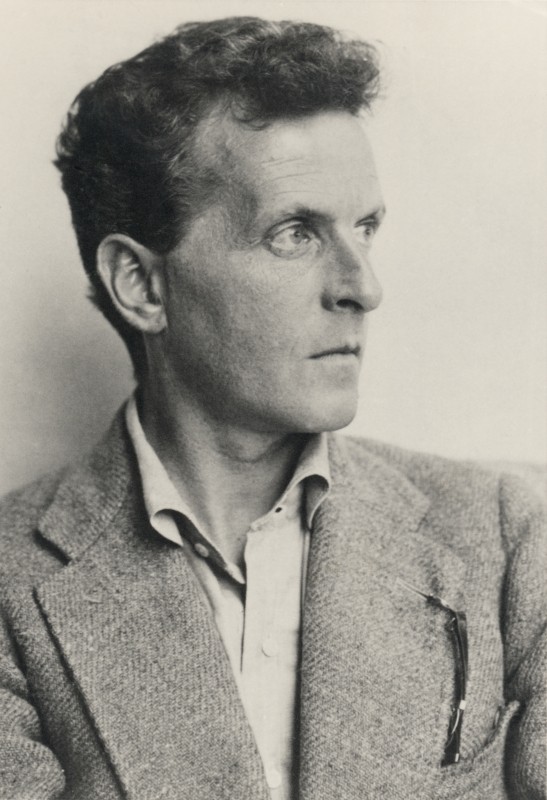The first hypothesis of *Explaining Postmodernism*
Postmodernism is the first ruthlessly consistent statement of the consequences of rejecting reason, those consequences being necessary given the history of epistemology since Kant. For more on the context for this claim, see p. 81 of my Explaining Postmodernism: Skepticism from Rousseau to Foucault. Information about other editions and translations is available at this dedicated page.
The first hypothesis of *Explaining Postmodernism* Read More »
